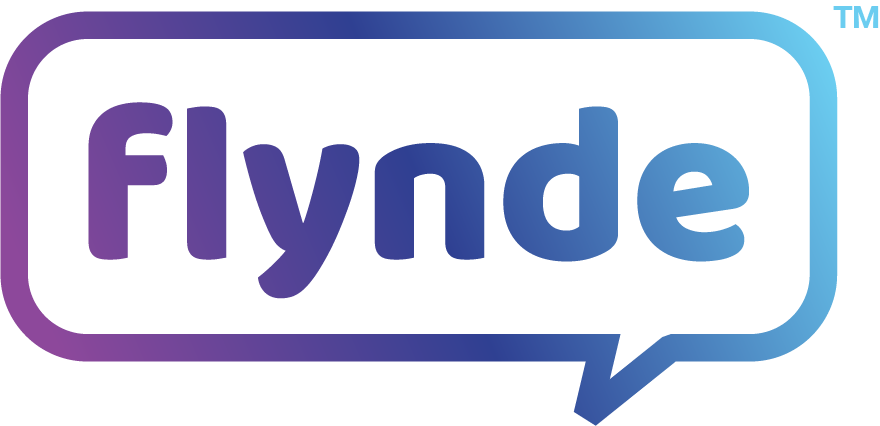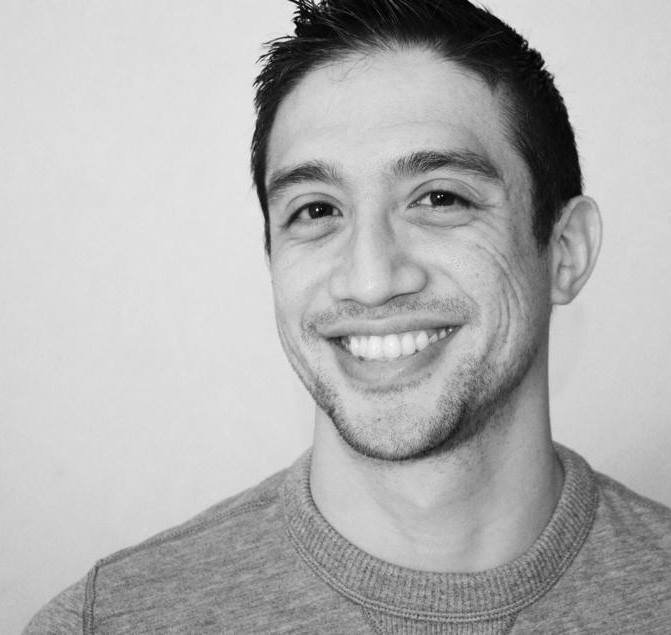The Power and Pitfalls of Nicknames in Global Branding
In today’s hyperconnected world, branding goes far beyond logos and taglines. Consumers, competitors, and even employees often assign nicknames to corporations, public figures, and products—sometimes out of admiration, sometimes as critique. These monikers can enhance a brand’s appeal, create stronger emotional connections, or, conversely, become liabilities when they reinforce negative perceptions. From a localization and translation perspective, understanding these linguistic shifts is crucial for global brands navigating different markets and cultural sensitivities.
How Nicknames Shape Brand Perception
Nicknames often arise because they are more memorable, relatable, or humorous than the official name. As The Economist noted in its article, The Business of Nicknames, “The Bottle Opener resonates more than the World Financial Centre Shanghai; the Lipstick Building is easier to remember than 885 Third Avenue.” Similarly, Tesla’s self-driving system has faced scrutiny for its branding as “Full Self-Driving” when it remains semi-autonomous. These linguistic shortcuts shape how people perceive and interact with a brand, sometimes even impacting purchasing decisions.
Public figures are not immune to this phenomenon either. Elon Musk was dubbed “Space Karen” after dismissing COVID-19 concerns online, a name that reinforced a narrative of arrogance and detachment. Jeff Bezos has often been likened to “Lex Luthor”, with the comparison reinforcing the perception of a tech mogul wielding unchecked power. Political figures face similar challenges: Margaret Thatcher’s “Iron Lady” nickname, originally intended as criticism from the Soviet press, became a defining feature of her leadership brand. Meanwhile, China’s censorship of “Winnie the Pooh” after comparisons to Xi Jinping highlights how seemingly harmless monikers can have political ramifications.
The Localization Factor: When Nicknames Go Global
What happens when these names cross cultural and linguistic boundaries? That’s where localization and translation come into play. A nickname that works in one language may lose its meaning—or take on unintended connotations—in another. For instance, McDonald’s is affectionately known as “Mickey D’s” in the U.S., while in Australia, it’s simply “Macca’s”. BMW drivers in Britain call their cars “Beamers”, while Americans opt for “Bimmers”. These variations showcase how language adapts branding in different regions.
The Strategic Use of Nicknames in Global Branding
Companies and public figures must be proactive in managing how they are perceived across languages and cultures. While organic, consumer-driven nicknames can bolster brand affinity, forcing a nickname can backfire. As The Economist explains, “Nicknames that seem to genuinely reflect consumers’ fondness for a brand can send a positive signal. But companies referring to themselves in this way feels inauthentic.” This is where ensuring proper localization can help brands gauge how these nicknames resonate across different cultures.
For example, Airbus A380 was successfully dubbed the “Superjumbo”, reinforcing its image as the world’s largest passenger plane. Meanwhile, luxury retailer Neiman Marcus struggled with the unflattering nickname “Needless Markup”, signaling excessive pricing. Such insights are invaluable for businesses operating in multiple markets, as brand perception can directly impact sales and reputation.
What’s in a Name?
Nicknames, whether embraced or resisted, are a testament to how brands and figures are perceived globally. As The Economist notes, the best nicknames emerge from the bottom up—they cannot be forced. Companies must walk the fine line between leveraging organic familiarity and avoiding linguistic or cultural missteps. In the end, a name is more than just a label—it’s a story, and how well that story translates across borders can determine success or failure.
About the Author
Colin Drysdale is the Chief Strategy Officer with Flynde, a global company providing translation solutions to businesses of all sizes.
Discover the best-in-class translation solutions for your business. Trusted & certified for all languages with locations in Singapore, Switzerland & the USA. Flynde takes human translation strategies and uses advanced technologies to deliver them to our customers across our three business lines: Flynde for startups, Flynde for small businesses, and Flynde for corporations.
For more information, contact us at hello@flynde.com



